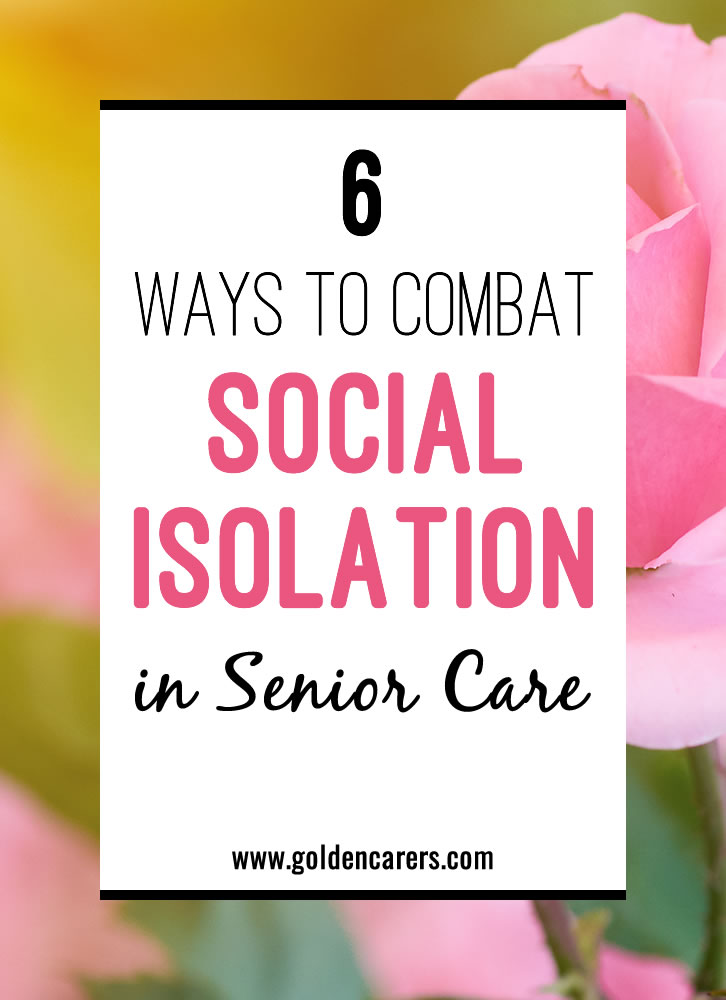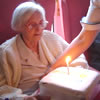
Related Activities
Comments Post a Comment

John  29th Oct 2020
Lifestyle Worker
29th Oct 2020
Lifestyle Worker
 29th Oct 2020
Lifestyle Worker
29th Oct 2020
Lifestyle Worker
One of our new residents, was a champion orchid grower. His daughter brings in orchids from his shed. Our garden group planted them all around the facility. And cut orchids in vases inside everywhere .
Some roses from our garden. And Waratah.
Some roses from our garden. And Waratah.
Talita  29th Oct 2020
29th Oct 2020
 29th Oct 2020
29th Oct 2020
Beautiful John! Thanks so much for sharing.
karen  26th Jan 2017
Activities Officer
26th Jan 2017
Activities Officer
 26th Jan 2017
Activities Officer
26th Jan 2017
Activities Officer
I chose residents who already had an interest in gardening. Then purchased pots,soil and plants from Bunnings. Choose an afternoon and go for it. Some residents were happy to do the potting. Some just wanted to watch. Be prepared to water and weed. Once they are flowering I put the pots on a trolley and take them to residents in bed and/or set up a display in the front entry. I always writeup an activity plan so that I have thought things through, have a list of resourse needed etc and then evaluate at the end. This is important for organising any activity. So, give it a go. Cheers, Karen Hynds
Kate  29th Nov 2013
leisure&Lifestyle assistant
29th Nov 2013
leisure&Lifestyle assistant
 29th Nov 2013
leisure&Lifestyle assistant
29th Nov 2013
leisure&Lifestyle assistant
Enjoyed reading your segment on "Social Isolation" very interesting and helpful

solange  28th Nov 2013
Diversional Therapist
28th Nov 2013
Diversional Therapist
 28th Nov 2013
Diversional Therapist
28th Nov 2013
Diversional Therapist
Great idea Karen. You may also try growing herbs and succulents.
Cheryl  27th Nov 2013
diversiona therapist
27th Nov 2013
diversiona therapist
 27th Nov 2013
diversiona therapist
27th Nov 2013
diversiona therapist
I love this idea, I have just started working in a dementia specific unit in the sundowning hours and am trying to get organised. this time can be quite challenging so any ideas are good thanks
karen  27th Nov 2013
Activities Officer
27th Nov 2013
Activities Officer
 27th Nov 2013
Activities Officer
27th Nov 2013
Activities Officer
I recently started a garden group with some of our residents. We started with petunias and marigolds in pots,seated at tables of suitable height. The location had to have sunshine and water plus room for 5-6 residents/wheelchairs etc.They have enjoyed having morning tea in this area as I do some of the "Maintenance" jobs.
Laura
23rd Jan 2017
Hi Karen,
How did u started your garden group its sounds like a great activity. I only started to work as Activities Coordinator.
Thank You
Laura
How did u started your garden group its sounds like a great activity. I only started to work as Activities Coordinator.
Thank You
Laura


 Are You Using Your Local Library Enough?
Are You Using Your Local Library Enough?
 8 Ways to Celebrate Birthdays in Senior Care Homes
8 Ways to Celebrate Birthdays in Senior Care Homes
 20 Tips on Asking For Donations
20 Tips on Asking For Donations
 7 Ways To Spice Up Your Newsletter
7 Ways To Spice Up Your Newsletter


 United States
United States
Thanks for sharing